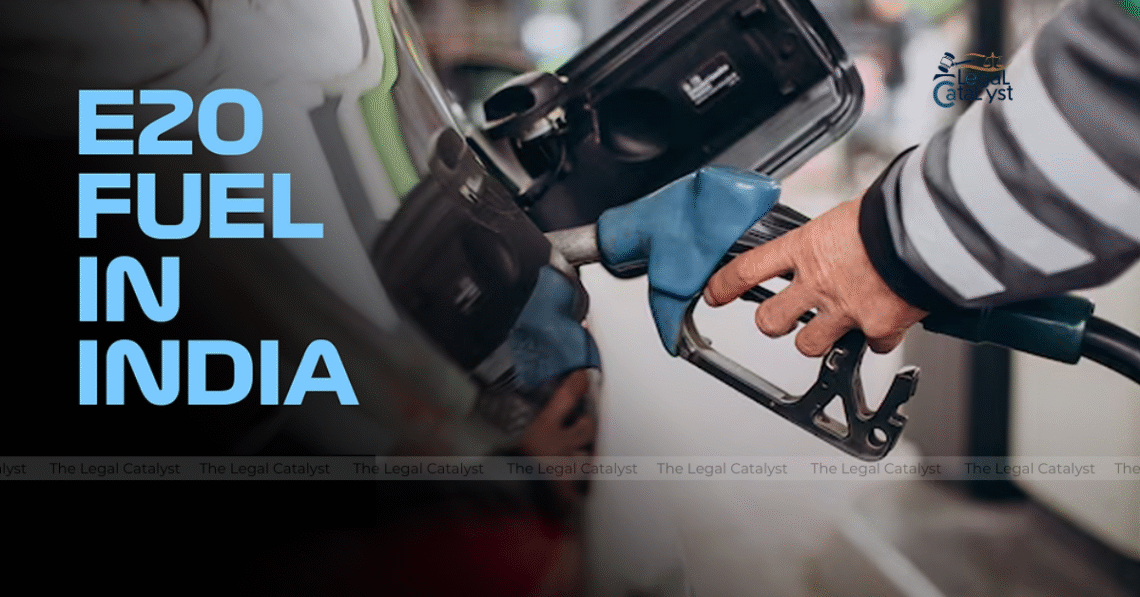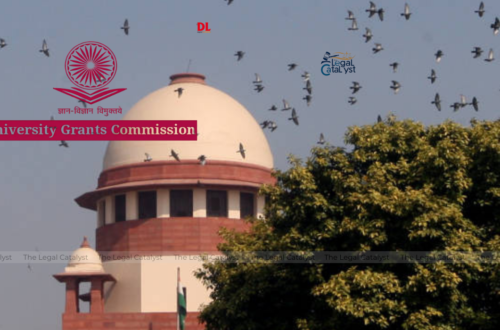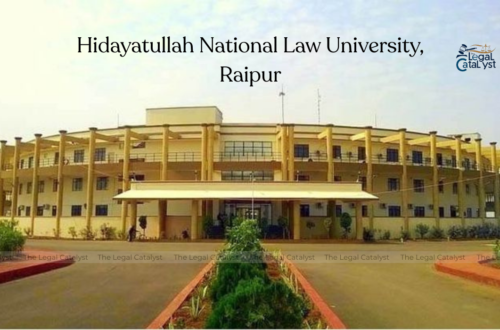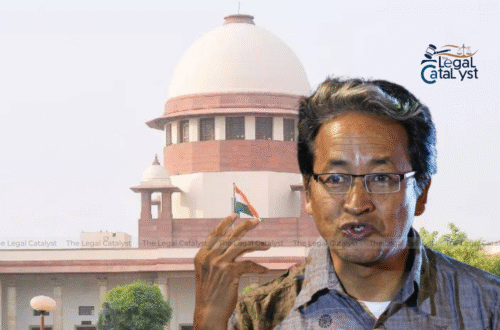In a significant ruling on Monday, September 1, the Supreme Court of India dismissed a petition challenging the government’s nationwide rollout of 20 percent ethanol-blended petrol, known as E20. This ruling supports a major government initiative aimed at promoting cleaner and more sustainable fuel across the country.
What is E20?
E20 petrol is a fuel blend containing 20 percent ethanol mixed with traditional petrol. Ethanol is a renewable source made mainly from sugarcane in India. The government introduced E20 to reduce reliance on fossil fuels, save foreign exchange, support farmers, and reduce pollution.
Why Was the Challenge Filed?
The petition, filed by advocate Akshay Malhotra, was not against E20 itself but questioned the mandatory use of this fuel blend without providing consumers the choice to buy ethanol-free petrol or lower ethanol blends like E10 (10 percent ethanol). The petitioner raised concerns about compatibility issues in older vehicles, claiming that cars and two-wheelers made before April 2023 might face engine damage, reduced fuel efficiency, and higher maintenance costs with E20.
What Did the Court Hear?
Senior Advocate Shadan Farasat, speaking for the petitioner, stressed the need for consumer choice and appropriate vehicle compatibility measures alongside the rollout of E20. Meanwhile, the government’s Attorney General R. Venkataramani firmly opposed the petition, emphasizing that the ethanol blending policy benefits Indian farmers and helps save precious foreign exchange.
Industry and Government Views
The Society of Indian Automobile Manufacturers (SIAM) acknowledged that a slight drop in mileage—between 2 to 4 percent—might occur but assured that E20 is safe for all vehicles. SIAM also confirmed that no vehicle breakdowns related to E20 have been reported and that manufacturers continue to honor warranties and insurance claims.
The government highlighted impressive achievements through the ethanol blending program:
- India met its 20 percent blending target five years earlier than planned, reaching the 2030 goal in 2025.
- The program saves about ₹43,000 crore in foreign exchange annually.
- It provides nearly ₹40,000 crore in direct benefits to farmers each year.
- Since 2014, ethanol blending has replaced roughly 245 lakh metric tonnes of crude oil and helped reduce CO2 emissions by around 736 lakh metric tonnes.
What Consumers Are Saying
Despite the Supreme Court’s ruling, some vehicle owners have taken to social media to report decreased mileage and confusion around vehicle warranties when using E20. The petroleum ministry assured customers that E20 offers benefits such as better acceleration, smoother rides, and up to 30 percent lower carbon emissions compared to E10.
Looking Ahead
With the Supreme Court’s backing, the government’s E20 ethanol blending policy is set to continue as the new fuel standard nationwide. While benefits to the environment and agriculture are clear, ensuring consumer awareness and vehicle compatibility remains critical to smooth adoption across India.
Connect with us on Instagram – X – LinkedIn for daily updates, quizzes, and other materials
Stigma in Rape Cases Must Rest on Perpetrators, Not Victims: Delhi High Court








